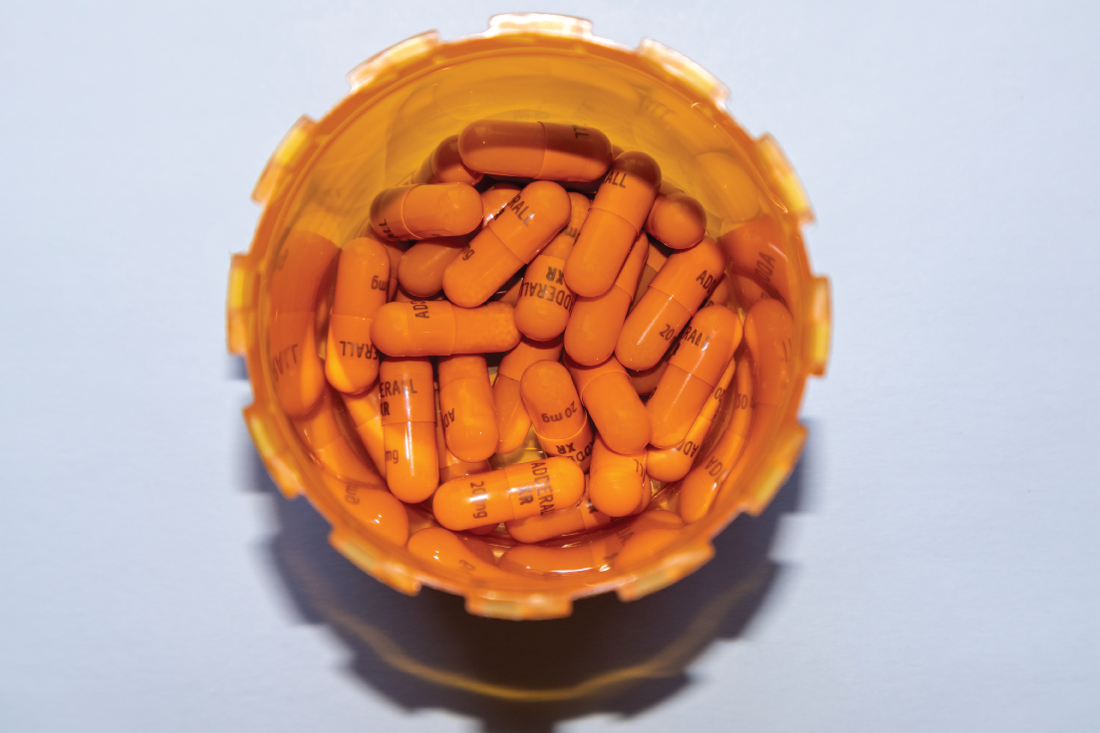
Stimulant Misuse in Teens
The pressures teens face to succeed academically and conform to idealized body standards are significant, and for some, these expectations lead to the misuse of stimulant medications. Originally prescribed to treat ADHD, stimulants like Adderall, Ritalin, and Vyvanse are increasingly misused by teens aiming to boost focus, productivity, and even manage their weight. Understanding the connection between these pressures and stimulant misuse can help parents and educators provide the right support and guidance.
Academic Pressure and the "Study Drug" Trend
Many teens today face immense pressure to perform well academically, whether to get into a top college or meet the expectations of teachers and parents. Stimulants, often called “study drugs,” are popular among teens who believe these medications can give them an edge in concentration, focus, and endurance. According to the National Institute on Drug Abuse (NIDA), approximately 6% of high school seniors have misused prescription stimulants, with academic pressures being one of the primary motivators.
- Intense Focus and Energy: Misused stimulants can temporarily enhance focus and energy, allowing teens to study for extended periods or complete assignments faster. This effect can create a dependency, as teens may feel they need stimulants to achieve their academic goals.
- Risk of Addiction: What many teens don’t realize is that using stimulants without a prescription can quickly lead to addiction and dependence, causing long-term impacts on their health and academic performance.
Encouraging teens to manage stress through time management skills, study strategies, and breaks can help alleviate the need for performance-enhancing substances.
Body Image Pressures and Weight Loss
Beyond academics, body image concerns are another significant factor that drives teens, especially young women, toward stimulant misuse. Many stimulants suppress appetite, which may result in weight loss. This side effect appeals to teens who feel pressure to conform to societal standards of thinness or muscularity. A 2022 survey by the American Psychological Association (APA) found that nearly 15% of teens who misuse stimulants cite body image as a primary motivator.
- Appetite Suppression and Unhealthy Weight Loss: Stimulants reduce appetite, leading to weight loss, which some teens see as an easy route to achieving their desired body image. However, this misuse can lead to dangerous cycles of unhealthy eating behaviors and potential eating disorders.
- Increased Risk of Mental Health Issues: Teens using stimulants for weight control often experience anxiety, irritability, and mood swings. This misuse can worsen body image issues, creating a damaging cycle of stimulant dependence and emotional distress.
Talking to teens about healthy body image and promoting balanced eating habits can reduce the appeal of stimulants for weight control.
How Parents and Educators Can Help
Open communication and supportive environments can make a significant difference in addressing these pressures and preventing stimulant misuse. Here are some strategies to help teens manage academic and body image pressures without turning to harmful substances:
- Promote Healthy Study Habits: Encourage teens to develop effective study routines, set achievable goals, and avoid all-nighters. Consider providing resources, such as study skills workshops, that can help teens build confidence in their academic abilities.
- Encourage Positive Body Image: Talk to your teen about the dangers of comparing themselves to unrealistic standards seen in media and social platforms. Reinforce healthy body image ideals and focus on well-being rather than appearance.
- Discuss the Risks of Stimulant Misuse: Many teens see stimulants as “safe” because they are prescribed medications. Educate your teen on the risks of misuse, including addiction, anxiety, and physical side effects, and emphasize that prescription medications should only be used under a doctor’s guidance.
- Support Mental Health: Recognize that academic and body image pressures can take a toll on teens’ mental health. Encourage them to find healthy outlets for stress, such as exercise, creative activities, or relaxation techniques, and consider professional support if needed.
Conclusion
The dual pressures of academic success and idealized body standards are significant forces driving stimulant misuse in teens. By promoting healthy study habits, supporting positive body image, and openly discussing the risks of stimulant misuse, parents and educators can help teens manage these pressures in healthier ways. Early intervention and support can empower teens to achieve their goals without compromising their well-being.
References
- National Institute on Drug Abuse. (2021). "Prescription Stimulant Misuse in Adolescents."
- American Psychological Association. (2022). "Teen Body Image and the Impact of Prescription Drug Misuse."
